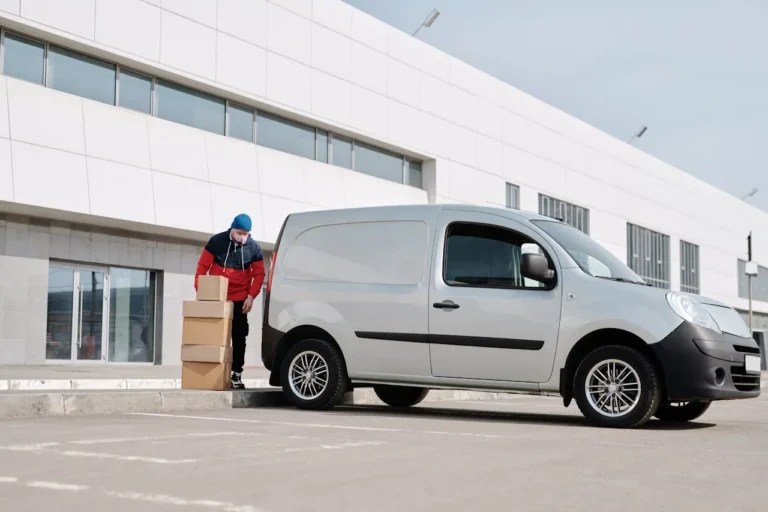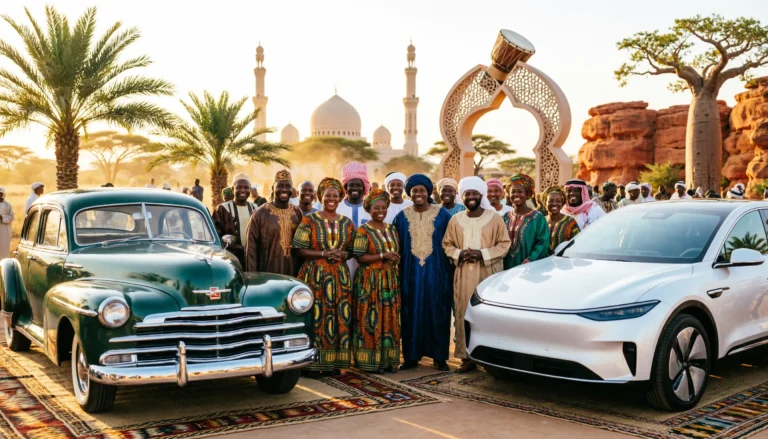
Daimler Truck to Launch Local Vehicle Assembly in Senegal through Strategic Partnership
Daimler Truck has formalized a significant new partnership to establish local vehicle manufacturing in Senegal, reinforcing its long-term commitment to Africa’s industrial and economic development. The company signed a Letter of Intent (LoI) with the Government of Senegal and Global Truck Systems (GTS), outlining plans to set up a truck assembly plant in the West African country. The facility is expected to begin operations by 2026, with locally assembled trucks reaching customers by 2027.
As part of the agreement, Daimler Truck will act as the exclusive supplier of truck kits in CKD (Completely Knocked Down) form and serve as the technology partner for the project. This approach allows for modular assembly of trucks, tailored to local demands and market conditions. It also facilitates technology transfer, workforce development, and industrial capacity building—key priorities for Senegal’s national growth agenda.
Joint Venture for Local Assembly
The Senegalese government and GTS have formed a joint venture to manage and operate the new assembly facility. GTS will lead the operational side of the project, from the recruitment and training of personnel to the actual vehicle assembly and equipment customization. The plant will produce a range of Mercedes-Benz trucks, designed for both public sector entities—such as defense, emergency response, and law enforcement—and private enterprises in logistics, construction, waste management, and general transport.
“This project is about more than just truck assembly,” said Franziska Cusumano, CEO of Mercedes-Benz Special Trucks. “By supplying CKD kits, transferring know-how, and offering long-term technical support, we are building a sustainable industrial presence in Senegal in collaboration with both the German Federal Government and the Republic of Senegal.”
Michael Dietz, CEO of Daimler Truck Middle East/Africa, echoed these sentiments, noting, “This is a long-term investment in West Africa’s economic future. Local assembly means jobs, skills, and opportunities for the people of Senegal. It’s also a step forward in regional industrialization and supply chain development.”
A Model for Industrial Cooperation
This new initiative builds on a long-standing partnership between Germany and Senegal, rooted in decades of development cooperation. Since 2019, the countries have worked under a bilateral reform partnership, which evolved into a climate and development partnership under the Just Energy Transition Partnership (JETP) in 2023. The Daimler Truck project is one of the first major industrial outcomes of this collaboration.
The CKD truck assembly plant aligns with Senegal’s national objectives to strengthen domestic manufacturing, reduce reliance on imports, and promote industrialization as a driver of economic resilience. It also serves as a model for sustainable infrastructure development in line with climate goals.
Senegal is playing a proactive role in facilitating the project. The government will provide essential industrial land, offer customs and tax benefits, and work with local institutions to train the workforce. The aim is to build a robust local ecosystem around truck manufacturing that can scale over time.
GTS: From Vision to Execution
GTS, the operational lead of the joint venture, will manage everything from setting up production facilities to overseeing truck assembly from CKD kits. The company will also be responsible for integrating specialized truck bodies—such as those equipped with cranes, container frames, or firefighting units—and managing local sales and aftersales services.
GTS will play a pivotal role in hiring and training skilled workers, ensuring that the local workforce is equipped to meet international production and quality standards. This is particularly critical to building long-term sustainability for the plant and promoting skills development in a rapidly growing industrial sector.
Daimler Truck’s Strategic Role
Daimler Truck’s responsibilities extend beyond supplying vehicle kits. The company will manage the global supply chain, ensure adherence to its stringent quality benchmarks, and oversee the technology transfer process. This includes providing technical training, production guidance, and continuous support for equipment, software, and diagnostics.
The goal is to ensure that trucks assembled in Senegal meet the same quality, safety, and performance standards as those produced in Daimler Truck’s other global facilities. In doing so, Daimler Truck aims to establish a high-performance industrial operation that enhances the company’s footprint in Africa while delivering economic value to the region.
In the long term, the project is expected to create hundreds of qualified jobs in manufacturing, logistics, maintenance, and service. It will also stimulate local supply chains by creating demand for components, materials, and auxiliary services, thereby contributing to broader economic development.
Advancing Economic Development and Sustainability
By investing in local assembly and workforce training, Daimler Truck and its partners are contributing to sustainable economic growth and industrialization in Senegal. The project promotes technology transfer, enhances regional production capabilities, and aligns with environmental objectives by reducing emissions linked to long-distance imports.
Moreover, the initiative could pave the way for future industrial collaborations between international OEMs and African nations. If successful, it may serve as a template for similar ventures in other parts of West Africa, where the demand for commercial vehicles is rising in line with urbanization, infrastructure development, and growing consumer markets.
This landmark agreement between Daimler Truck, GTS, and the Senegalese government represents more than just an investment in a manufacturing facility. It reflects a shared vision for regional empowerment, technological self-reliance, and inclusive growth. As the partners move forward with implementation, the plant in Senegal may become a cornerstone for West Africa’s automotive industry and a catalyst for deeper German-African industrial cooperation.
Through this initiative, Daimler Truck is not only reinforcing its market presence in Africa but also setting a new benchmark for public-private partnerships in the global commercial vehicle sector—one that combines innovation, sustainability, and local development.







